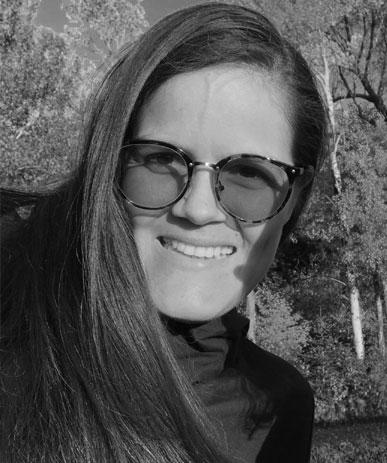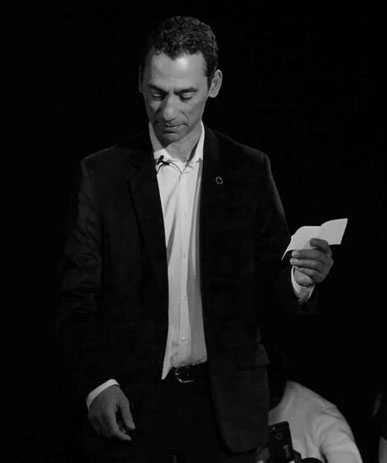
Bachelor’s degree, Fine Arts in Design and Art History from Concordia University. My main interest lie in designing for print and web. I am passionate about telling stories with the images I capture. As a woman designer, I’m constantly wondering how my creations are shaped by the cultural values of the society to which I belong. I define myself as feminist, as a person that cares about human and others beings. As designer, I want my work to both convey my own values and challenge some common assumptions regarding gender. I believe that design may be employed to bring about societal changes, and for this reason my creations are a reflection of my values: equality, respect of nature, and community engagement.

is an artist and a Humanities PhD student at Concordia University. She is the co-founder of the digital projects Oropéndola, arte y conflicto (now part of the Museum of Memory of Colombia) and Mirlo Podcast. Manuela was co-curator for the exhibit Feliza Bursztyn, Elogio de la chatarra at the Museo Nacional de Colombia and producer for BBC Radio’s Apichatpong Weerasethakul (In the studio). Her research explores the participatory potential of oral history and artistic methods in the Colombian post-conflict scenario so that the listening experience is not passive and unilateral but rather transformative and empowering.

is Associate Professor in the Department of Theatre at Concordia University, Montreal (Quebec, Canada). He is also the second co-director of Concordia’s Centre for Oral History and Digital Storytelling. His latest publications explore listening in the context of post-conflict performances of memory. For instance, see ‘Facilitating voicing and listening in the context of post-conflict performances of memory. The Colombian scenario.’ In: De Nardi, S., Orange, H., et al. Routledge Handbook of Memoryscapes. Routledge: London. (2019), and his article ‘Not being able to speak is torture: performing listening to painful narratives’. International Journal of Transitional Justice, Special Issue Creative Approaches to Transitional Justice: Contributions of Arts and Culture. (March, 2020)